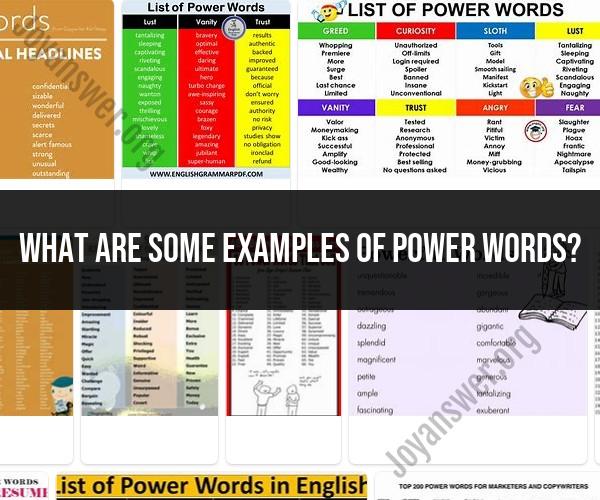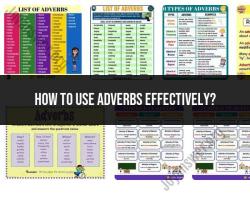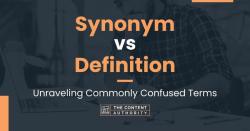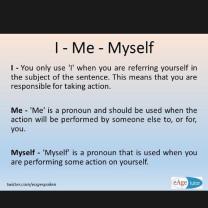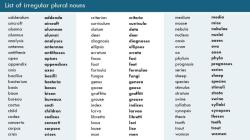What are some examples of power words?
Language is a potent tool that can evoke emotions, spark motivation, and compel individuals to take action. This guide explores the concept of power words—words that carry a strong emotional charge—and how they can be strategically used to engage audiences, create memorable experiences, and drive meaningful outcomes.
The Impact of Language on Emotions
Words have the remarkable ability to elicit a wide range of emotions, from joy and excitement to empathy and urgency. Harnessing the emotional power of words can establish strong connections with readers and listeners, influencing their perceptions and decisions.
Identifying Power Words
Power words are carefully chosen terms that resonate deeply with individuals. These words have the capacity to leave a lasting impression, evoke strong feelings, and stimulate the imagination. Examples of power words include "transform," "inspire," "courage," "unleash," and "unforgettable."
Creating Emotional Resonance
When crafting content, incorporating power words strategically can heighten emotional resonance. Descriptive language, vivid imagery, and relatable narratives enriched with power words can immerse audiences in the intended emotional experience.
Driving Action Through Language
Power words are instrumental in compelling action. Whether encouraging readers to subscribe, make a purchase, or support a cause, using persuasive language infused with power words can motivate individuals to take concrete steps.
Examples of Power Words
Power words can vary based on the desired emotional response and context. For instance, in marketing, "exclusive," "limited-time," and "innovative" can create a sense of urgency and excitement. In motivational content, words like "empower," "achieve," and "believe" inspire determination and action.
Caution and Authenticity
While power words are effective tools, their impact relies on authenticity. Overuse or insincere deployment of power words can lead to skepticism. It's crucial to use them thoughtfully and genuinely to maintain credibility and resonate with audiences.
Conclusion
Power words possess the remarkable ability to evoke emotions, capture attention, and drive action. By skillfully integrating these impactful terms into communication strategies, individuals and organizations can forge strong connections, inspire change, and leave a lasting imprint on the hearts and minds of their audience.
